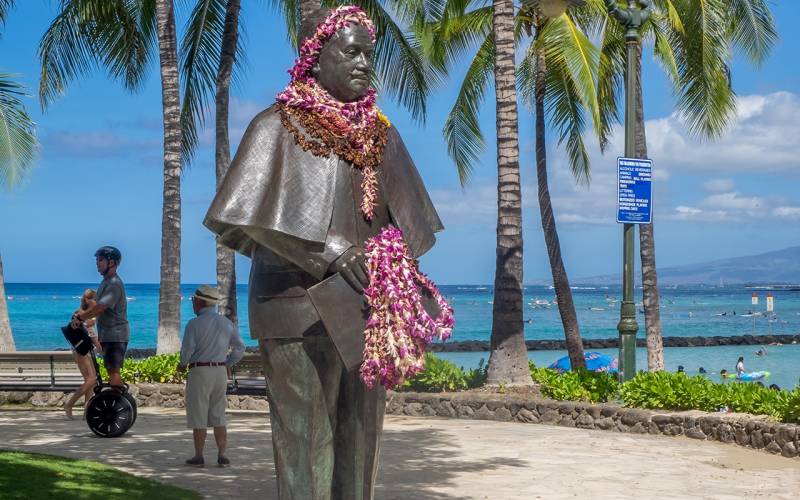
Hawaii State Holidays 2022: Laws and Requirements for Employers
Introduction
In the heart of the Pacific Ocean lies the beautiful archipelago of Hawaii, known for its stunning landscapes and vibrant culture. Amidst the aloha spirit, employers in Hawaii need to navigate the state’s unique set of holidays, each carrying specific laws and requirements. Understanding these nuances is essential for businesses to maintain compliance, foster positive work environments, and ensure the well-being of their employees.
Aloha State Celebrations: Overview of Hawaii State Holidays 2022
Recognizing the Key State Holidays
Hawaii observes a mix of federal holidays and unique state holidays that reflect the local culture. From the well-known New Year’s Day to the unique Discoverers’ Day, employers must be aware of these dates to effectively manage their workforce.
Unique Cultural Celebrations
Delving deeper, it’s crucial to comprehend the significance of Hawaii’s unique cultural celebrations, such as King Kamehameha Day and Admission Day. These events are deeply ingrained in the local history and can impact the operational rhythm of businesses.
Legal Landscape: Laws Impacting Employers on State Holidays
Wage and Hour Laws
Employers must be cognizant of Hawaii’s wage and hour laws concerning holiday pay, as these regulations play a pivotal role in shaping the employer-employee relationship. Understanding the compensation requirements for employees working on holidays is vital to avoid legal pitfalls and maintain a fair work environment. By staying informed about the intricacies of overtime pay, premium rates, and compliance with state laws, employers can not only uphold legal standards but also foster a workplace that values and compensates its workforce appropriately.
Employee Rights and Protections
Impact on Overtime
Unraveling the complexities of overtime during state holidays is crucial for employers striving to maintain compliance with Hawaii’s labor laws. It necessitates a deep understanding of the implications of extended work hours and the corresponding wage adjustments. Employers should not only be aware of statutory regulations but also consider the broader impact on employee morale and well-being. By implementing fair and transparent policies, businesses can navigate the intricacies of holiday-related overtime, fostering a work environment that prioritizes both legal adherence and employee satisfaction.
Navigating Requirements: Practical Considerations for Employers
Creating Inclusive Holiday Policies
Crafting inclusive holiday policies, especially concerning Hawaii state holidays 2022, is paramount for fostering a positive workplace culture. Employers should consider incorporating flexible scheduling, remote work options, and transparent communication to accommodate diverse employee needs.
Communication Strategies
Effectively communicating holiday policies is an often overlooked but critical aspect in the realm of workforce management. Clear communication not only outlines the intricacies of Hawaii’s unique holiday policies but also empowers employees to understand their entitlements, reducing confusion and fostering a sense of transparency. By implementing regular communication channels, such as employee handbooks, workshops, and digital platforms, employers can contribute to a harmonious work environment where expectations are clear, and everyone is on the same page.
Balancing Business Needs and Employee Well-being
Conclusion
In the kaleidoscope of Hawaii’s diverse holidays and associated legal requirements, employers, especially when considering Hawaii state holidays 2022, play a crucial role in ensuring compliance and fostering a positive workplace environment. By navigating the legal landscape, creating inclusive policies, and prioritizing effective communication, businesses can thrive while respecting the cultural fabric of the Aloha State.

